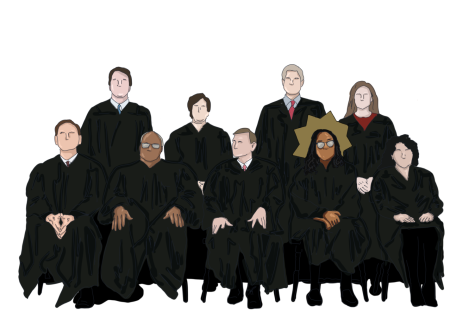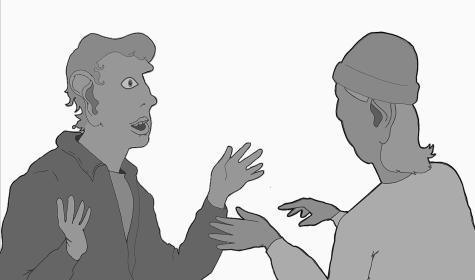Destigmatizing rural America
April 15, 2021
When the 2016 election spurred a fresh wave of vitriol about “coastal elites,” many liberals leaned into the epithet, some flippantly reclaiming the term: Sure, I’m a coastal elite! In doing so, they avoided reckoning with the truth of the classification, and the ways elitism on the left alienates rural Americans, proving counterproductive to achieving their goals.
In February, when a storm left over one hundred Texans dead and millions without power, thousands of people took to Twitter to gleefully scorn red state residents for “voting against their own interests” and lacking proper infrastructure. Late-night hosts and comedians assume mocking southern drawls on television screens across the country, then speculate on why lesser-educated, rural Americans distrust them in the same breath. When we engage in this classist mindset — denying much of the country of their humanity and reducing them to a backward, buck-toothed monolith — we move further away from progressive discourse.
It can be almost comforting to point to this caricature of the Middle American bigot; it relieves people of any worry that they might also have bigoted views. They no longer have to contend with the possibility that an urban address and blue ballot can coexist with prejudice. This attitude, however, not only alienates people but also presents a flawed idea of how to achieve progressive goals. No matter where you sit on the left-of-center political spectrum, whether you identify as a liberal or a leftist, your principles likely include uplifting the working class. The common Middle American stereotype falsely equates poverty and lack of education with bigotry and stupidity, effectively throwing vulnerable working-class people under the bus.
This is not a plea to rationalize Trumpian bigotry or empathize with racism. It is a call to examine your perceptions of rural Americans in poverty and to analyze whether these perceptions are in conflict with your political goals and views. As I said, this faulty mindset not only impedes progress but also prevents people from acknowledging the humanity and individuality of a large proportion of the United States. Type “Appalachia” into your search bar and Google will suggest “inbreeding,” “poverty” and “service project.” When we conceive of rural areas as amalgamations of classist stereotypes or projects for our superior hands to fix, there is clearly an issue that requires deep reckoning.
Contextualizing rural America in this way also dismisses the reality of its many progressive inhabitants, many of whom are Black, Indigenous and people of color (BIPOC). The automatic image of a red state’s populace as homogeneous and overwhelmingly white is inaccurate. BIPOC are often invisible in these discussions, even while their place of residence often makes them uniquely vulnerable.
The left cannot expect to gain or maintain the favor of rural Americans while holding these beliefs, nor can we claim to embody the spirit of justice and liberation while disregarding a largely impoverished chunk of the nation. We cannot, in good faith, write people off due to their economic circumstances or level of education, and those of us with financial privilege must fully engage with its effects. Without reframing these beliefs, unity and progress are simply not attainable at the scale we need.









Michael Byrd=Hero,Babbit=DeadSult • Oct 6, 2021 at 5:00 pm
It’s insane to believe that rural degenerates to be reason without after the Jan 6 terrorist attack. These racist mooching, brown slave owner moochers can be replaced yestard with vertical farms and drones. Corvid is killing them off and America will be better once their all gone.